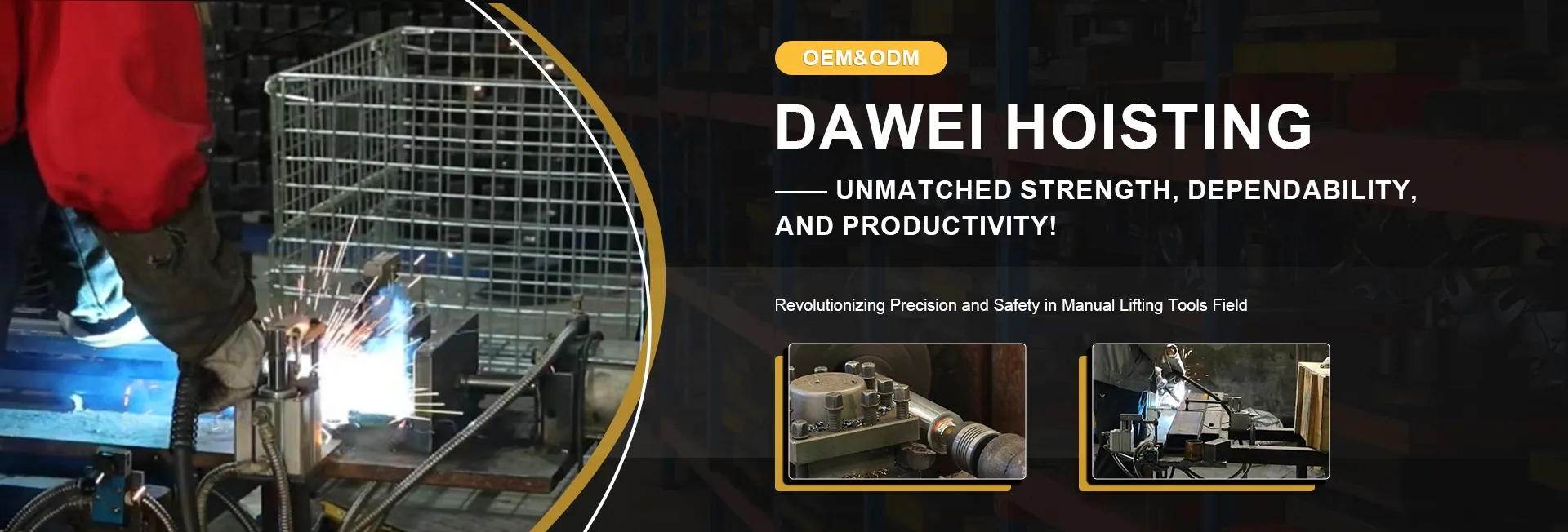Equipment Transport and Heavy Lifting Specialists for Industrial Applications
The Importance of Machinery Movers and Riggers in Industry
In today’s fast-paced industrial landscape, the movement and installation of heavy machinery play a critical role in the success of various sectors. Machinery movers and riggers are specialized professionals who ensure that equipment is relocated safely and efficiently. Their expertise is essential for minimizing downtime, reducing risks, and ensuring operational continuity in industries such as manufacturing, construction, and logistics.
Understanding the Role of Machinery Movers
Machinery movers are experts in the logistics of moving large equipment. Their work often involves transporting machinery within a facility, between facilities, or to and from construction sites. This role requires not only physical strength and the proper equipment but also an understanding of load capacities and the capabilities of different transport methods. Machinery movers use hoists, dollies, cranes, and other specialized tools to facilitate the safe movement of heavy items.
One of the significant challenges they face is the weight and size of the machinery. A single piece of industrial equipment can weigh several tons, making improper handling a serious concern. Machinery movers are trained to consider factors such as the center of gravity, uneven surfaces, and potential obstacles during transportation. Their risk assessment skills enable them to devise effective strategies that ensure a seamless move.
The Expertise of Riggers
While machinery movers manage the logistics of moving equipment, riggers focus on the lifting and securing of heavy loads. Riggers play a vital role in ensuring that all lifting operations are conducted safely. They are responsible for the selection and use of appropriate lifting gear, such as slings, chains, and shackles, to prevent accidents during hoisting.
machinery movers and riggers

A rigger must be well-versed in various techniques and practices, including knot tying, load calculations, and the safe use of cranes and other lifting devices. Their meticulous attention to detail ensures that loads remain stable and secure throughout the lifting process. Additionally, riggers often collaborate closely with operators and other team members to communicate effectively during lifts, adding another layer of safety to the operation.
Safety and Compliance
Safety is paramount in the roles of machinery movers and riggers. Both professions must comply with stringent industry regulations and safety standards to mitigate the risks associated with heavy lifting. Regular training and certification in safety protocols, equipment handling, and emergency procedures are essential to their practice.
Employers benefit immensely from hiring qualified machinery movers and riggers. By ensuring that all heavy lifting is handled by trained professionals, companies can significantly reduce the likelihood of accidents, equipment damage, and operational delays. Furthermore, reputable machinery moving and rigging firms often carry insurance, providing additional peace of mind for businesses.
The Future of Machinery Moving and Rigging
With advancements in technology and equipment, the field of machinery moving and rigging is evolving. The integration of automation and robotics is beginning to influence how heavy machinery is moved and installed. As these technologies become more prevalent, the skill sets required for machinery movers and riggers may also shift, emphasizing the need for continuous training and adaptation.
In conclusion, the roles of machinery movers and riggers are indispensable in the industrial sector. Their specialized skills not only ensure the safety and efficiency of heavy equipment handling but also contribute to the overall productivity of operations. As industries continue to innovate and develop, the demand for skilled machinery movers and riggers will undoubtedly remain strong, underscoring the critical nature of their work in today’s economy.
-
The Ultimate Guide to Heavy Machinery Moving EquipmentNewsAug.04,2025
-
The Evolution of Large Equipment MoversNewsAug.04,2025
-
Maximizing Efficiency with PML Magnetic Lifters in Industrial OperationsNewsAug.04,2025
-
Choosing the Best Small Gantry CraneNewsAug.04,2025
-
Innovations in Permanent Lifting Magnet TechnologyNewsAug.04,2025
-
How to Maintain Your Adjustable Gantry Crane for LongevityNewsAug.04,2025
-
PML 6 Lifting Magnet Troubleshooting GuideNewsJul.25,2025
